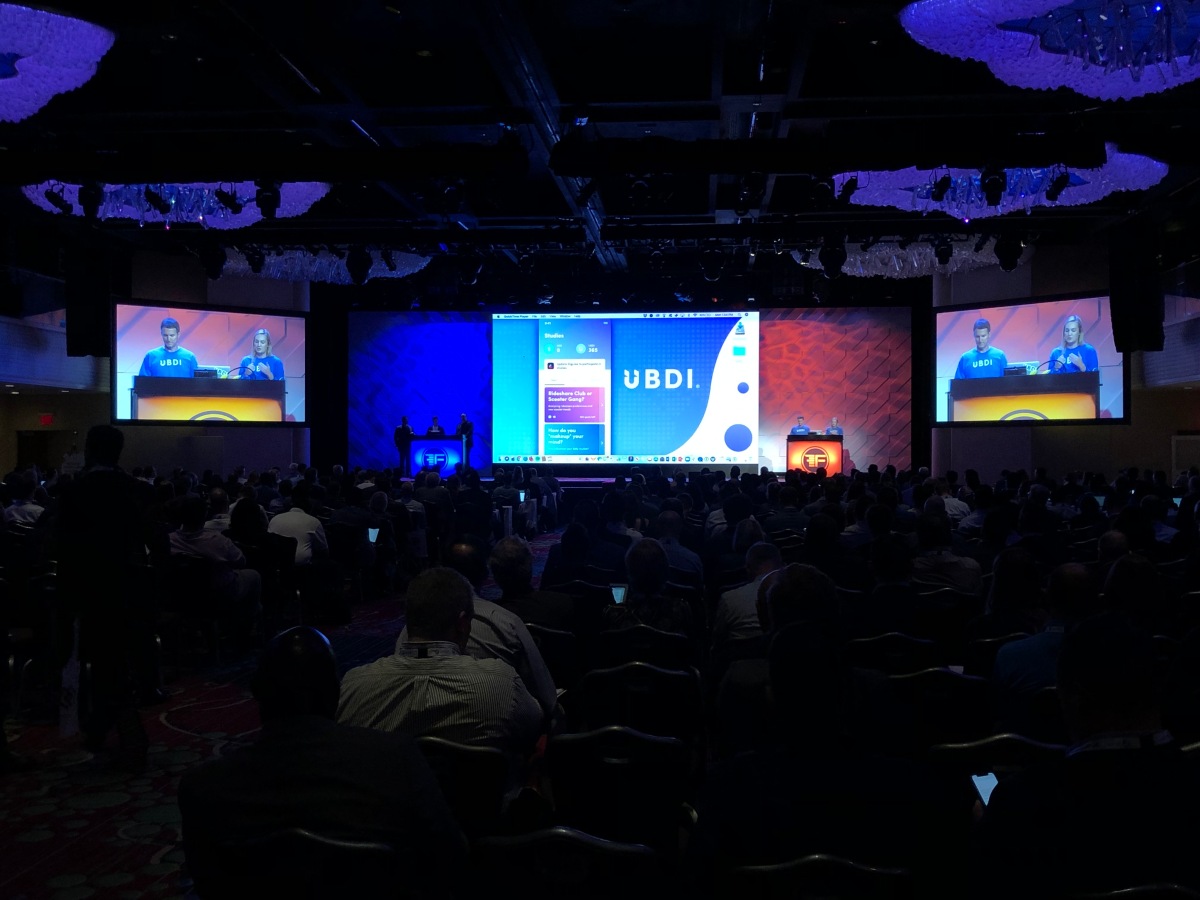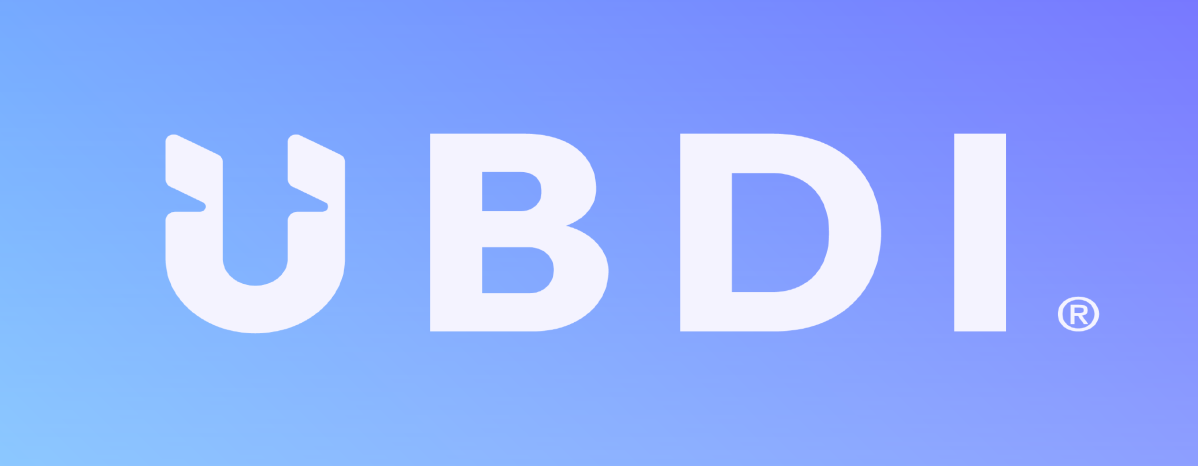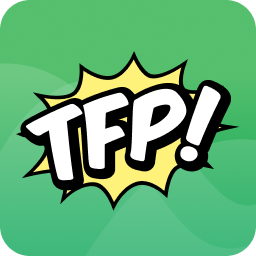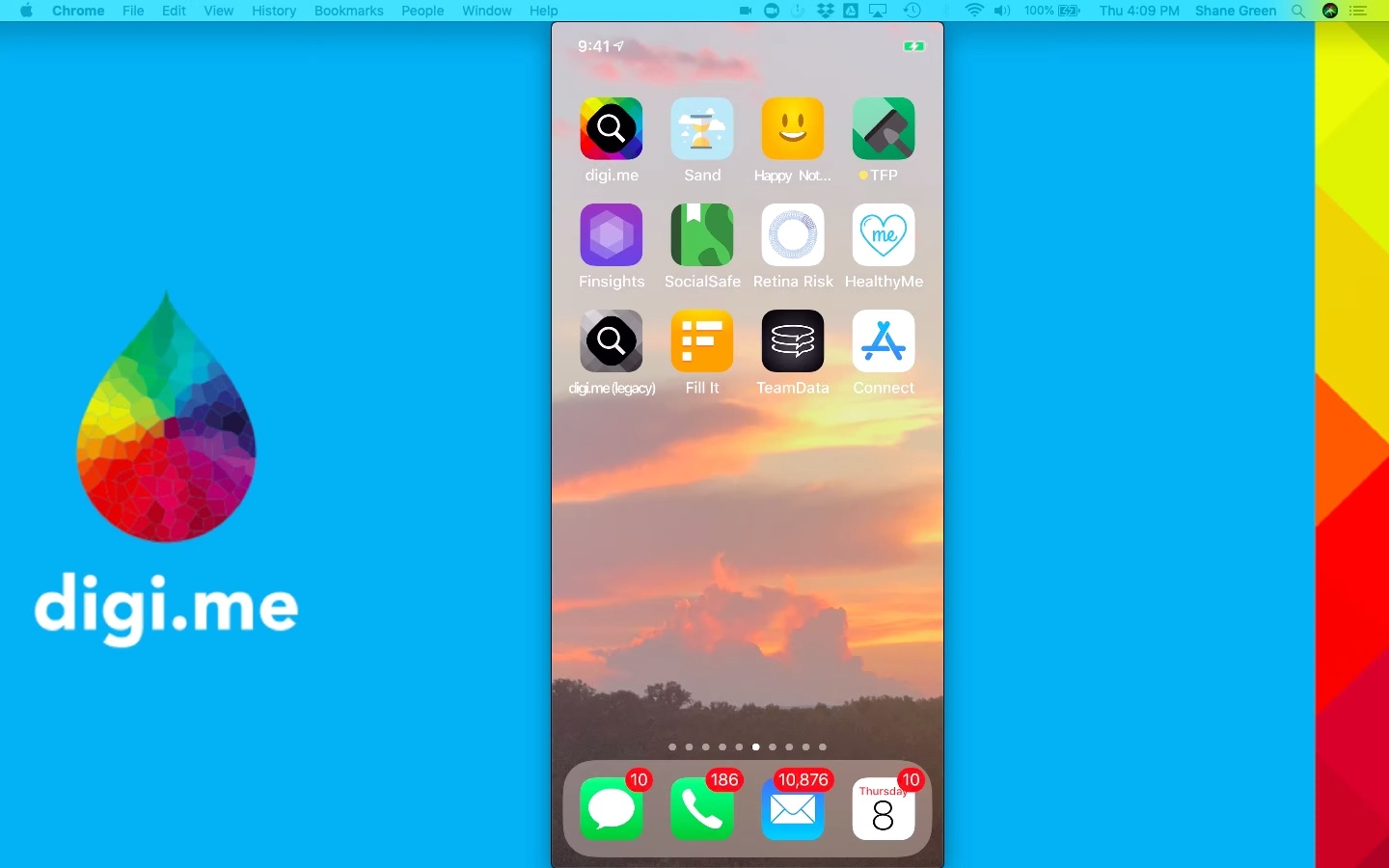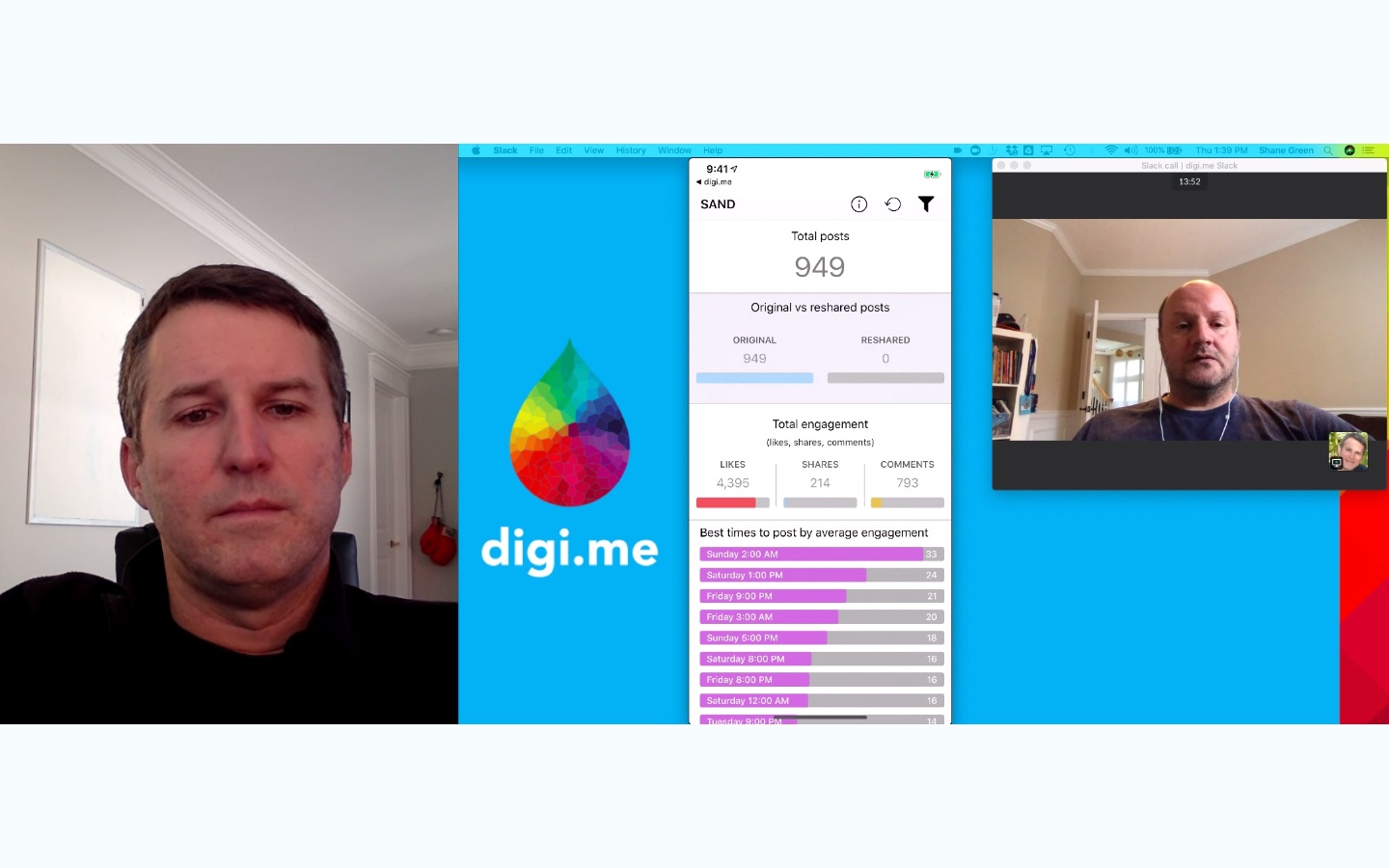After a whirlwind week presenting UBDI at the Finovate conference in New York and at the MyData conference in Helsinki, I didn’t even notice the Slack message saying that the “NPR story was out.” Several hours later I sat down to listen to the NPR Marketplace Tech interview with my co-founder, Dana Budzyn. She was also in Helsinki and hadn’t even listened to it yet.
In a world of sound bites and 280 character tweets, the in-depth discussion between Dana and host Molly Wood was completely unexpected. We couldn’t have written a better lead in:
“Universal Basic Data Income. It’s not just an idea. There’s an app for that.”
NPR Marketplace Tech host Molly Wood
I spoke today at MyData on owning and monetizing data, the leading personal data and privacy conference in Europe. There is still so much misunderstanding and distrust around the idea. That’s not surprising given how badly people and their data have been treated in the digital world.
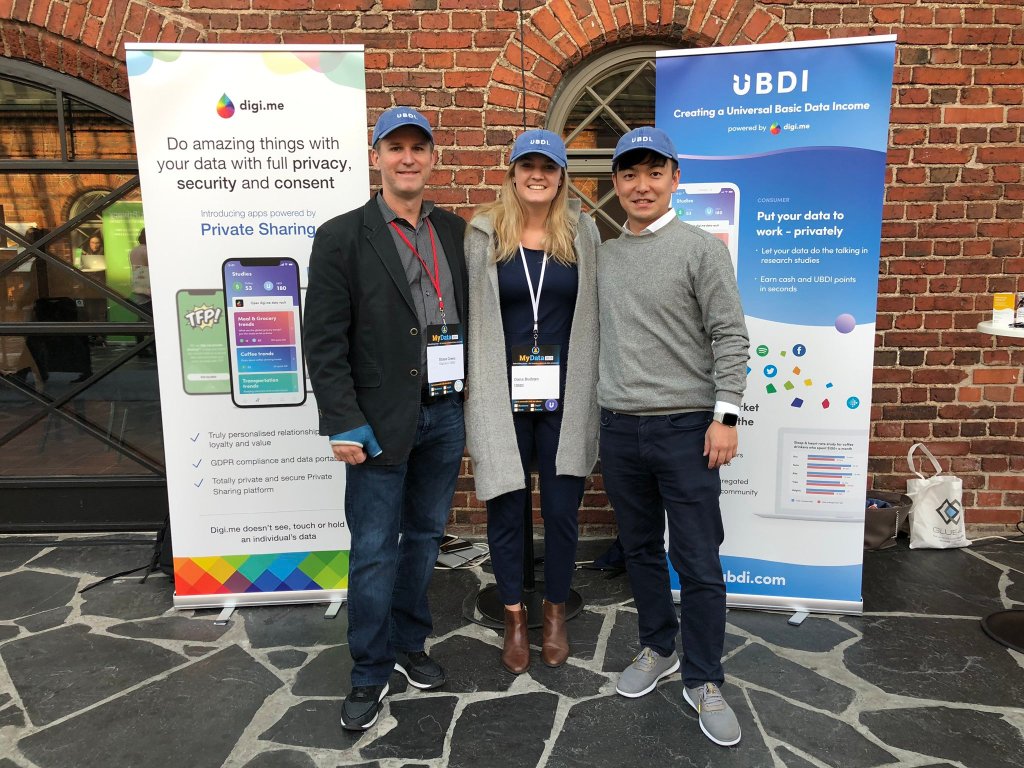
Hats off to NPR and Molly Wood for such a thoughtful and balanced story. We only wish our iOS app were approved by Apple for people to sign up after hearing the story. We’ll post a link soon when it’s available.

